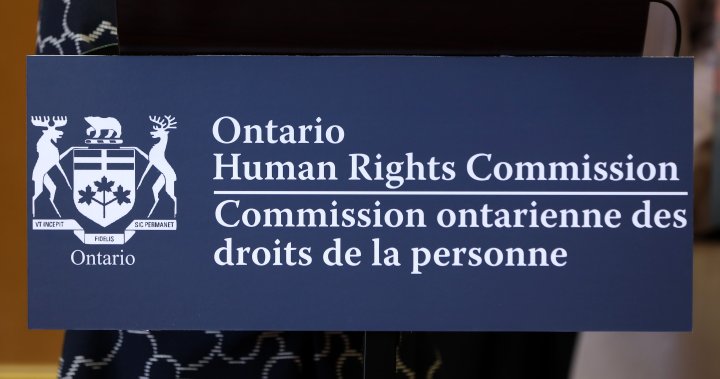The OHRC said while caste is not a prescribed protected category, it is covered by international human rights law and hence, can be protected under the Ontario Human Rights Code.
Having to explicitly define every protected category in law seems ridiculous. Surely a description of what a protected category looks like would be more consistent and future proof.
If “don’t be an asshole” worked, we wouldn’t need most of the rest of the laws. Sadly it doesn’t. I don’t quite understand why.
Because there is no consensus on what an “asshole” is.
“I’m not an asshole; I just tell it like it is.” — some asshole somewhere every five minutes
Yeah. You’re absolutely right. But it’s fun to pretend we could all be reasonable together.
They’re created this way on purpose, to leave room for hating people in the future we might not know we hate yet. That’s the type of “future proof” we’re after, right?
Stupid rules are created because of stupid people.
If I’m not mistaken, there are general descriptions too, so I don’t think the list is exclusive. I think it’s a good idea to specify what categories you can so that in future human rights challenges, you don’t have various interested groups trying to argue differing interpretations. Interpretations of vague language can vary and this can tend to lead us away from the spirit of an otherwise good law.
I’m glad this has happened, but also sad and surprised that this wasn’t already illegal.
I’ll need to add another category of privilege to my spiel about recognizing my privileges that I give to students before addressing topics related to prejudice.
I’ve known about caste for decades, too, but I hadn’t connected the dots to oppression in Canada today. Should have been obvious, in retrospect. But I suppose it’s hard to know about prejudices that don’t target us directly.
Hinduism (the religion) doesn’t support mistreating people of any caste, but Hindu Nationalism (AKA the fascistic political movement “Hindutva”) does, which is very concerning.



